Heli: Interview with Amat Escalante
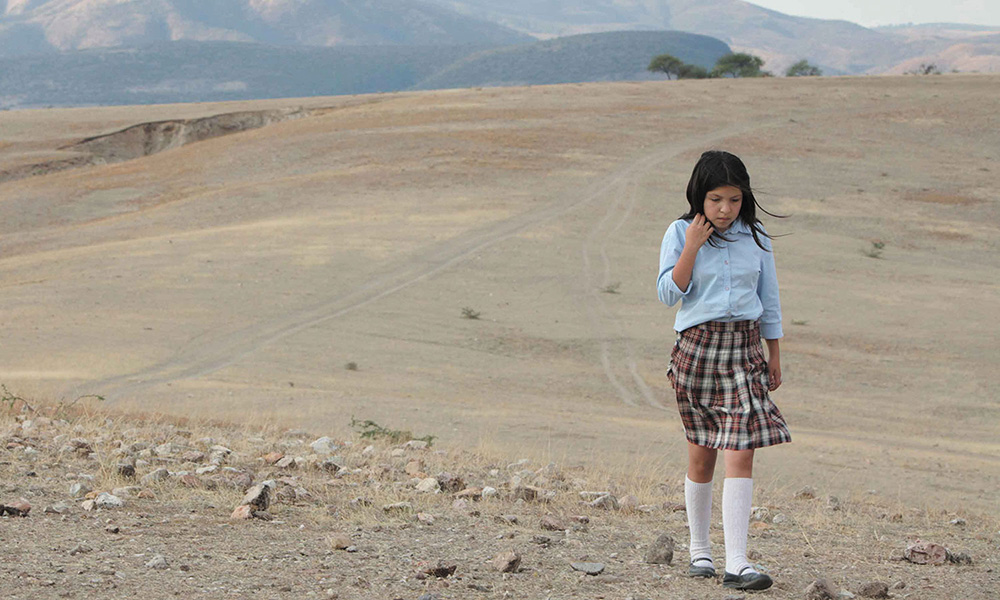
Amat Escalante is the Mexican film director, producer and screenwriter behind Heli, winning Best Director at Cannes Film Festival in 2013. Surrounded by a lot of controversy from critics and audiences alike, the film received praise, dismissal and horror and is Escalante’s third feature. We met the director prior to the film’s UK release
Heli won Best Director at Cannes – was this a surprise to you?
It was a very big deal for me to be selected for the competition for the first time. The movie showed the first day at the festival – the first movie shown after The Great Gatsby. The reactions were quite strong the first day – the people, the press, the journalists.
It’s good not to have expectations; I was very pleasantly surprised. They told us to go to the event. That meant that you were going to get something but we didn’t know what. Of course, I’m always very negative about everything, so I thought “Okay, well, I’ll be a special mention at the beginning of the awards or something,” and as the awards went on and on and they didn’t mention me… After five years of working on the movie with all that involves – working on anything for five years with a group of people, there’s always a journey and difficulties that you go through – it was a nice reward to finish the process in that way. Very gratifying.
But, I also know that it’s a very little thing. Not that it’s easy to win, but it’s easy to lose also. It could have been the opposite, and often it’s the opposite and many good movies don’t get an award or a very bad one does. But it was great. It helped a lot when the movie arrived in Mexico – it arrived with that protection, let’s say.
Heli was the subject of a lot of controversy. How did the reactions vary?
I was glad that the reactions in Mexico were very positive in general. They very much understood the movie as something that was important to be seen or to be told, as opposed to in Cannes where many people were stuck and stayed stuck with the violent scenes. In Mexico they were seeing past that.
For example, we released in Spain, and I think a lot of people didn’t go because they were put off by some reviews, but in Mexico it was the opposite of that. Many people were curious and really found it transcendent. No, not transcendent – like it spoke of something that was important and maybe in a few years they would also be able to go back to the film and see that it was a moment in time, hopefully, that was captured in this movie.
I always have difficulty in the United States. I think in part because it’s very close to Mexico, and there’s maybe some guilt involved because they feel responsible for everything that’s happening in Mexico. I find it’s always a tense encounter with the United States and also with Mexicans living in the United States who have become very much more patriotic than if they were in Mexico.
But in general, it’s sold to 25 countries so far, I think because it tells a story about a family in a way that is universal: the story of family and love, first love – but it’s told inside this context of Mexico.
In general people won’t be bored, I think, which was important to me from the beginning: to try to make it as interesting as possible and to make people excited and curious about what was going to happen. Many people don’t know what is happening in Mexico so when they see this movie and think it’s complete fiction… it’s a very different perception than if you know this is a real problem and every day there are a lot of those things happening.
Does the film, in your eyes, reflect accurately the aspects of Mexico that you aimed to capture?
There are a few Mexicos, a few realities in Mexico. We have the richest man in the world and we have some of the poorest people in the world. There’s always this contrast, the contrast is very violent. Of course, I could have made a movie of very rich people in Mexico, they’re living another reality also, which is a true reality. But I’m much more interested in telling this story about people who are suffering and are trying to live properly than people who have a bunch of money and how they spend it, or how they got the money or whatever. That’s not so interesting to me. So yes, it does depict a side of Mexico, it’s not the complete picture, of course, but it’s a picture I feel passionate about because I love where I live. I love Mexico, and I’m worried about it and I am passionate about it. That’s how this movie was able to happen: I felt the urgency to scream out about the situations that I feel are unjust and corrupt and that don’t work properly. I think by showing that side of Mexico, [I am also showing] that many countries have their bad sides.
The main characters in Heli are all extremely young. Do you see any place for “childhood” and “innocence” in the world the film depicts?
It’s full of young people because that’s where I think you can find all the hope there can be in the problem in Mexico. And I think it’s not just the hope, it’s also where the problem lies: when children are not educated properly and taken care of by their parents, by society, and are abandoned, things end up happening like that room – you know, the torture scene. I felt the need to look at that part, because that’s the hopeful part also, the children. The young people.
It’s something that Mexico is full of: young people. It’s a large percentage of the population, and many young people are not having a childhood anymore. For example the baby that’s in the movie, the six-month-old baby – the mother had to be on the set and the mother is 14 years old. She was 13 when she had that baby. And I think that is itself part of the problem with what’s happening with the violence also, that many of these people that end up cutting heads, hanging people, they’re people that grew up with a parent that’s 13 years old, 14 years old, and without a father maybe, or grew up without any parents because of somebody else raising them.
I think that as a country we have to take care of the young people so they don’t end up doing what we don’t want them to do.
The cast were mainly untrained and inexperienced actors – why did you make this choice?
It’s also the case in the other films I’ve made. I find it much more exciting and interesting to find people who aren’t actors, but who have something special in them – their eyes, the way they move, the way they speak – that I’m inspired by… That’s very exciting for me. I like their mistakes. The main thing that I tell them is not to look at the camera if they make a mistake and not to stop but to keep going and that’s exciting and refreshing for me.
Who were your influences and inspirations?
Until the age of 23, 24, I saw tons of movies. Always watching movies, reading books about movies, reading about directors, watching other movies – it was kind of my film school that lasted nine, ten years. I learned on my own, I didn’t study film. I was very passionate about Fritz Lang, Stanley Kubrick, Bresson. In Mexico in 2002 I saw Japón by Carlo Reygadas, who I wrote to because I was very surprised and inspired by the film. He was very nice and answered me and started a friendship, and then I worked on Batalla en el Cielo, his second movie, and that’s the only other movie that I’ve worked on besides my own films. I collaborate with him up to now, we work together. I edited Heli in his studios in the mountains in Mexico. He’s a director from Mexico and I admire him. He’s a friend, also. And there’s Luis Buñuel, very important for me also when I was developing. Here in the UK, directors I like… One that died already, he did that movie Elephant, what was his name? He did a movie called Scum, with Tim Roth… It was in the 70s… Alan Clark. He’s great.
Francesca Laidlaw
Heli is released nationwide on 23rd May 2014. Read our review here.



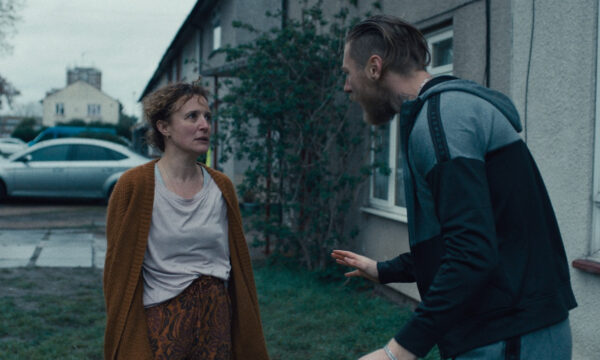

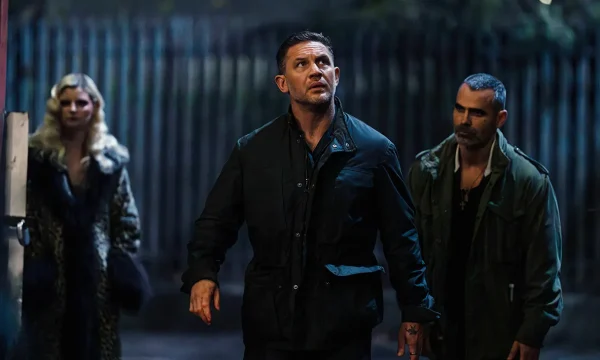
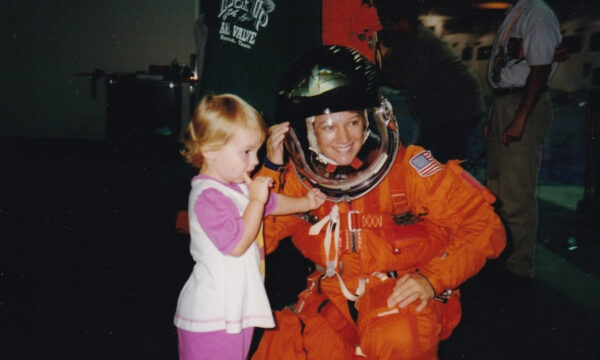
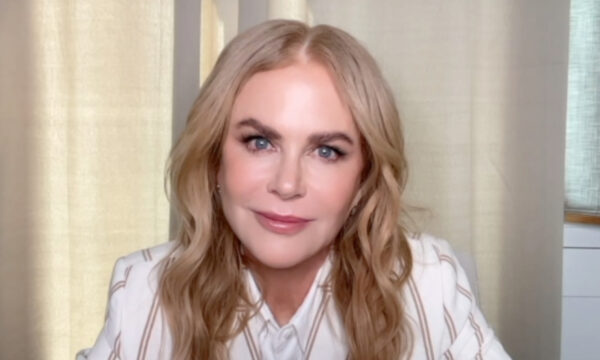
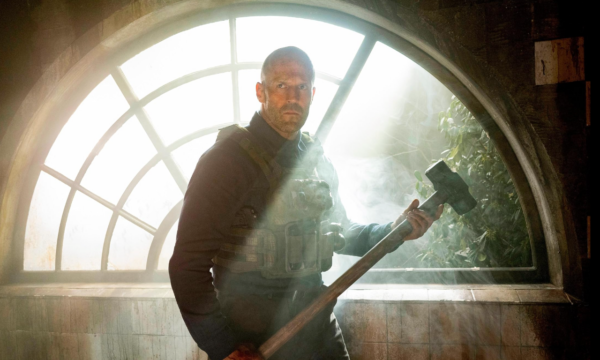
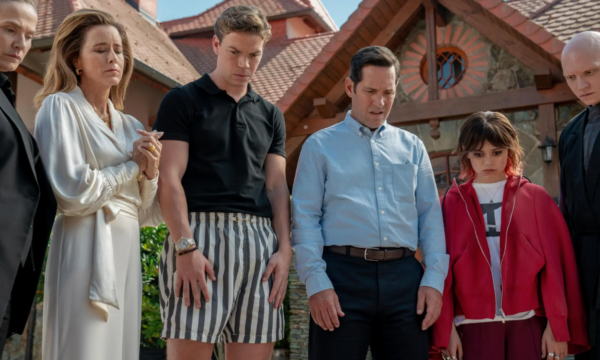








Facebook
Twitter
Instagram
YouTube
RSS